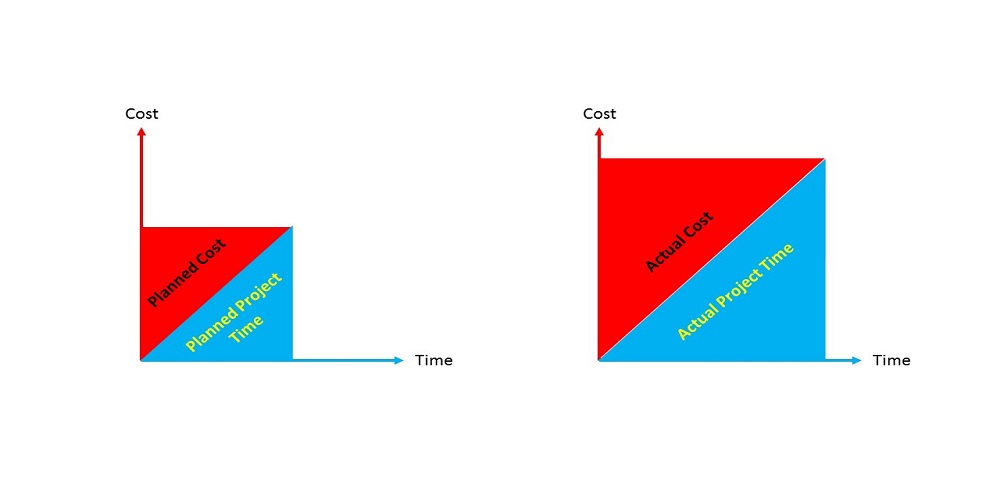How ERP Vendor and Client Should Manage One Another
Founder & CEO, Pulse 366 | Enabling AI for Business Leaders | Global Management Consultant | IPE, BUET | 10 January, 2020 (Friday)View 2578

The blame game
As we know 75% ERP projects fail to provide the expected result.
When a project fails, the blame game starts from both sides.
The client says that the software is not user friendly and the consultant did not configure the system properly.
The vendor says that the client did not provide information properly and the users are not cooperating.
It is very important for both ERP vendor and client to manage each other properly so that the project be successful.
Clearly specify the demands
ERP Projects are always full of high expectations.
People want everything to be easy, quick and integrated.
They want to see everything in one place, and don't want to input anything twice.
Software vendors also provide a lot of promises while showing the demo.
In reality, many of the promises cannot come true.
One of the main reasons is that the requirement from user was never crystal clear.
And the workaround from vendor also was not explained clearly.
They both agreed in the beginning, but later both become unhappy.
"Oh you said that, but didn't say like this", "Oh I told you this, I never told you that"!
Therefore, all business requirements must be written and agreed by both parties.
Have common documents between both parties.
Have a fair agreement/contract
There must be a contract signed by both parties.
The contract should specify how the software licenses to be purchased and used, how the maintenance services to be used and how the technical implantation service to be provided.
Project scope, timeline, budget, expected results… everything should be in agreed in writing.
Both parties should read each clause and understand clearly.
Both of them should predict all possible future states and clearly specify how those will be handled.
Talk to lawyer before finalizing the contract.
Specify people from both parties for each role
For any project, people responsibility clarification is the key success factor.
For ERP project, "people" is everything.
The client company must assign their best people to the project team.
They should have a Steering Committee chaired by the Project Sponsor(s).
Both parties need to have their own Project Manager (PM).
PM to PM communication is the best way to manage the full project.
The vendor should assign their consultants for different roles.
The client should assess the consultants and be able to terminate any consultant for any reason.
The vendor should also put their requirements about what type of people should be involved in the project.
Know the process and software both
ERP fails when Software Consultant doesn't know the business process details.
ERP fails when Client provides business requirements without knowing software functionalities and best practices.
Therefore the client must have certain level of knowledge on the software before placing requirements.
And, the software consultant must spend enough time to go into the details of the business process steps.
Both should know all possible business scenarios and special cases before launching the system.
The client should have their own business analysts who understands the capabilities of the system.
And, has the ability to configure the system at least 80% by its own.
The truth is, the less the client know, the more money the vendor makes.
Document the process steps, system setups and changes
ERP project is full of uncertainties.
Anything that can go wrong will go wrong.
For both parties it will be very easier if all the steps of all process are written down.
And for each step, configuration and customization requirements must be stated clearly.
Both can follow each step and see how the system performs.
Whenever there is a change of decision (which will surely happen, a lot), it should be documented.
Why decision changed, what was to the business case, what configuration is modified, what customization is made… everything must be documented properly.
And this document needs to be visible to both parties.
----------------------
#ipebulbul #360BA
#ERP #OerationsManagement #BusinessAnalysis













